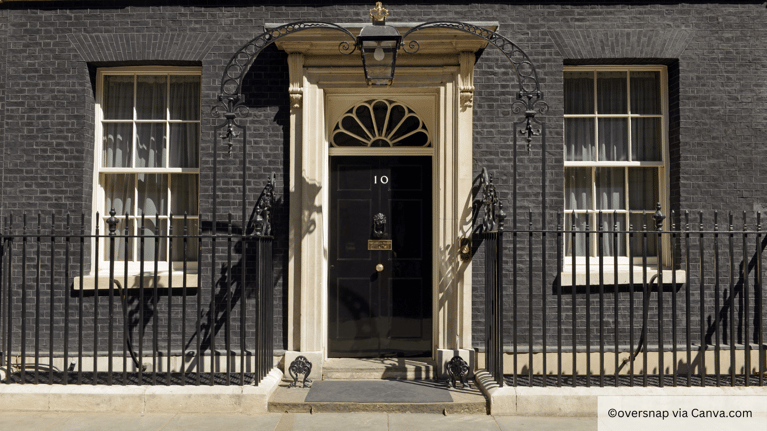Few people hold back from airing their opinions on current affairs in person. And let’s face it, 2016 and 2017 have been particularly easy years for making small talk. However, while I’m sure you will have shared your firm thoughts on Brexit, Trump or The Great British Bake Off to anyone within earshot, for the majority, this insight will never be broadcast more widely. However, publicly sharing your viewpoints on relevant news stories online can be a fast-track to building your personal brand and, by association, your company’s corporate identity. You can’t become a thought leader without saying what you think While the majority of business leaders now realise the value of social engagement, the content that many organisations produce is formulaic, dry and uninspiring. Perhaps they are just playing it safe, or lack the confidence to open up about their thoughts and feelings, but while liking and sharing the posts of others is a step in the right direction, there really is no substitute for real thought leadership. Don’t just share a story that is of interest to your networks – if it’s really relevant, the chances are they will already have consumed it from the source. Instead, use your own blog, or a third-party platform, to put some meat on the bones. Speak directly to your audience and use your expertise to outline what it means for them specifically. What if my opinion is controversial?







































































